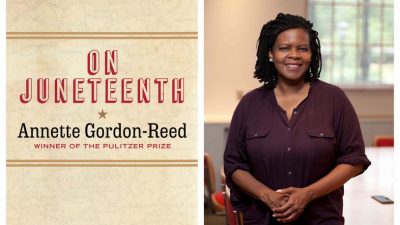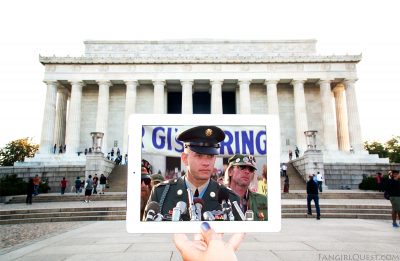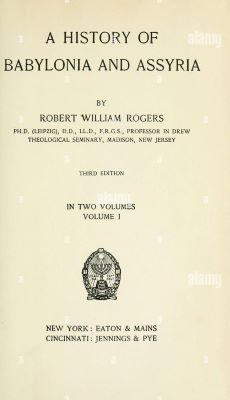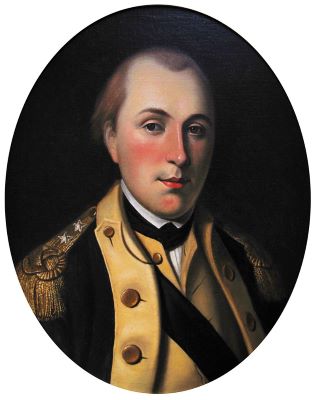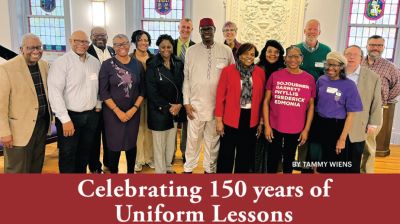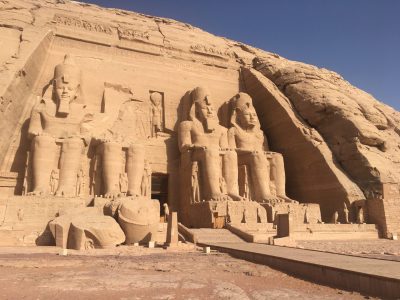
In a stunning and surprising move the Public Design Commission in New York City voted to endorse Donald Trump for the presidency in 2024. Amazingly, this action was taken three years before the election. It occurred in a jurisdiction that voted overwhelmingly against him in both 2016 and 2020. One might legitimately wonder why the Commission is so eager to encourage people to vote for Trump.
To answer that question, one should consider two facets of the puzzle: the historical and the political. The decision by the Commission to remove the statue of Thomas Jefferson from the Council chambers is both a political issue for the election itself (and possibly the 2022 Congressional elections as well) and an historical one as America prepares for the 250th anniversary of the signing of a document Jefferson wrote at the birth of the country.
NEW YORK AND THE 250TH ANNIVERSARY
During the 2021 legislative session, the New York State Senate and Assembly authorized the creation of a state commission for the 250th. Besides the obvious historical reasons for such a commission, as a matter of procedure, federal money for the 250th will be distributed through state commissions. Therefore it behooves states to create such commissions.
The bill is waiting for the Governor signature. Under the previous Governor, bills like this one tended to linger until the fourth quarter when they would be authorized. As an example, the bill for the quadricentennial of the non-New York 1619 event was not finally signed until 2020, meaning after the anniversary had occurred. A commission was to be created perhaps to be made public in March, 2020. That also was the time of covid, so in the end there never was a 1619 Quadricentennial Commission in New York.
A similar delay will not occur here. The new Governor obviously is quite busy right now including preparing for her own election campaign in 2022. I have been told that she soon will sign the bill. It definitely is to her advantage to own the 250th as New York was very involved in the American Revolution and in its continued legacy.
In some ways, there is no rush. While the Federal program is gearing towards 2026, things in New York will just be getting started then and will continue until Evacuation Day, November 25, 2033. In fact, the first big event in New York occurred just after July 4, 1776. The event is the toppling of the statue of King George III on July 9, 1776, at Bowling Green, just a few blocks from City Hall and the city council chambers.
So the first big event in New York as part of the 250th will be the response by New Yorkers to the reading of the Declaration of Independence. Undoubtedly this will be a big tourist event. The toppling of the statue will be re-enacted. Perhaps there will even be a convoy to Connecticut where the metal from the bronze statue became bullets for the Patriot army. The only one missing from this Declaration event will be Thomas Jefferson. He will be missing because:
“Jefferson embodies some of the most shameful parts of our country’s history,” said Adrienne Adams, Queens, co-chair Black and Latino caucus, New York City Council.
One possible disposition of the statue under discussion is to the New-York Historical Society. However in response to that suggestion current New York State Assemblyman Charles Barron said:
“I don’t think it should go anywhere. I don’t think it should exist. I think it should be put in storage or destroyed or whatever.”
The physical removal of Thomas Jefferson from the New York City Council chambers is easier than cancelling him from the American Revolution and its legacy. The legacy of the Declaration continued on in the efforts to end slavery in the United States. The legacy of the Declaration continued on in the efforts of white women to gain the same rights as white men. The legacy of the Declaration continues on to this very as an ideal by which to measure ourselves and to bend the arc of history. But not in the New York City Council. Will it cancel George Washington too?
THE POLITICAL RAMIFICATIONS
Why do I say the action of the Public Design Commission in New York City is an endorsement of Trump? I certainly do not mean to suggest that the individual members of the Commission support him or want other people to vote for him. I am saying that their actions encourage people to vote for him. The Commission has taken a stand in the culture wars. Not everyone agrees with that decision or supports that side in the culture wars.
At this point there is no reason to pretend that we are not a divided country. We are an intensely polarized country. Masks have been weaponized. Vaccinations have been weaponized. 1619 has been weaponized. The American flag itself has been weaponized. People who fly it or show it or have it painted on a truck are presumed to have a particular political and cultural point of view. In an article entitled “A Fourth of July Symbol that May No Longer Unite”( NYT 7/3/21), the issue of the connection between the flag and a political party was raised. Peter Treiber, a farmer who has a flag painted on his potato truck, often is presumed to have political views which he does not share. He is concerned that the left has all but ceded the flag to the right.
Joe Biden, of course, embraces the flag. But in the Democratic Party, he is the remnant of the dying past and not the wave of the future. One should always keep in mind that he is the only Democrat who could have defeated Trump in 2020 and at this point is the only Democrat with a chance of beating him in 2024. There is no Plan B. Whether Democrats understand that or not is problematical. Whether the Woke care or not is even more problematical.
One should understand the Woke actions of the Public Design Commission in this light. For those toppling, removing, cancelling or whatever Thomas Jefferson, the joy and satisfaction may be fleeting. At the same time the Commission was taking this action, columnist Tom Friedman appeared on CNN. First he appeared on Anderson Cooper and then portions of the interview were replayed by Don Lemon. Clearly they understand the importance of the message Friedman is delivering: “Our next presidential election could well be our last as a shining example of democracy (September 29, 2021, print).
Friedman did not really say anything new, only more emphatically and with greater urgency. His recent op-ed piece asked “Have We Reshaped Middle East Politics or Started to Mimic It? (September 15, 2021, print). We now have Sunnis and Shiites where an “epidemic of tribal political correctness from the left served only to energize the tribal solidarity on the right.” His thinks Democrats are digging themselves into a hole and should stop digging. He defines American as a center-left to center-right country. By contrast the politically-correct-Woke-Progressives are all left all the time. And they communicate in an elitist derogatory manner. Whereas Trumpicans claim the Joe Biden presidency is illegitimate, the Woke claim the country of the United States is illegitimate born in original sin. Far from accepting the advice of Friedman to tone it down, they will instead double down.
The political consequences for the Woke assault on the legitimacy of the United States will be detrimental to the Democrats. It did not help them in 2020 Senate and House elections. The Virginia governorship is at risk this year. It will not help Democrats in the 2022 elections. It already is taken for granted that the Democrats will lose the House of Representatives. Then the January 6 Committee will be replaced by the first of the impeach Joe Biden committees. At the moment the 2020 presidential candidate loser is going like gangbusters within his own party and chomping at the bit to declare his candidacy for 2024. He can smell the blood in the Biden polls.
In the meantime, America’s third civil war rages on. It is being fought at the local level in school districts throughout the country. School Board members are seeking protection. Covid has enabled parents to see online what is being taught in the schools. People can relate to 1619, systemic racism, critical race theory, and diversity-equity-inclusion in their own communities. They can see which party waves the American flag and which does not. They can see which party praises the Founding Fathers and which party topples them. There are plenty of online venues where these issues are being discussed. The front-page headline of my local paper today (October 24) is “Are schools making progress on diversity?” Parents already are voting with their feet to remove children from republic schools and to recall school board members. They are energized.
These issues go right to the gut of voters. America’s greatest con artist can fake being a patriot, the Woke cannot. One should keep in mind that regardless of the vote in 2024, roughly half the country will not accept the results or even agree on the results. The only real issue is what happens then.


